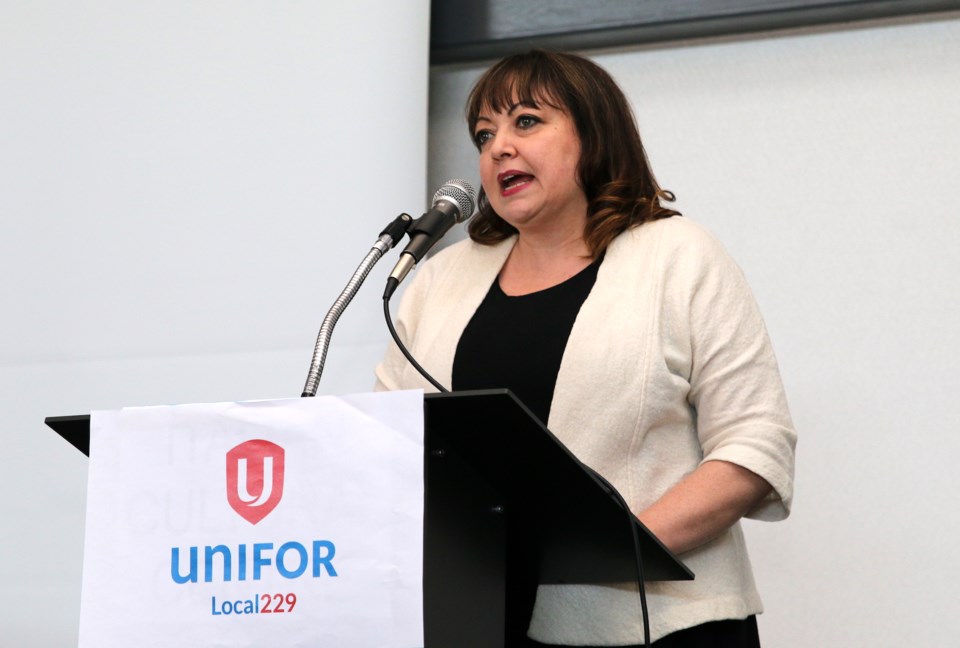Residents Plan to Step Up Pressure to Ask MPP Fedeli to Save the North Bay Hospital’s Residential Addictions Treatment Program
Close to 40 people attended Tuesday night's public meeting organized by the Ontario Health Coalition.
They gathered as a group to discuss how to keep North Bay's hospital residential treatment program beds, slated for closure, to stay open.
They are hoping their message will be recognized by the province and the decision will be overturned.
See related: Small rally focuses on saving addiction treatment beds
The Ontario Health Coalition has been working with local residents concerned about this planned closure of more than half of the existing residential addictions treatment beds in North Bay.
Event organizers say there is a waitlist for the programs both at the North Bay hospital and at the North Bay Recovery Home and there is nowhere else for people in need of residential treatment to go. The nearest program is in Sudbury, an hour-and-a-half away and it has a waitlist.
“North Bay is the centre of the drug culture in the northeast. I have seen a lot of deaths from overdose and suicide," said Miles Peters, an advocate for homeless people.
"I’ve seen a lot of successes too, in recovery. We need a comprehensive plan to help, including saving the beds.”
Peters joined the Health Coalition in urging that advocates and users of the services be included in planning what is needed, along with the front-line staff, not just the executives of community agencies and the hospital.
Natalie Mehra, Ontario Health Coalition executive director attended Tuesday's event.
She says both community-based and hospital-based health care services have been subject to years of cuts, funding freezes and curtailments,
“We support the community-based withdrawal management programs that the community agencies advocated for as a vital part of the continuum of care," she said in a release.
"Those services should be expanded, and there seems to be a total consensus about this. Our concern is that the residential treatment programs cannot be replaced by withdrawal management, which is detox and support programs, not residential programs, and there is also a very deep consensus in this community that these vital services should not be closed down.”
Her question – “Where are the people in need of this care supposed to go?” was echoed over and over by participants in the meeting.
The Coalition will continue to pressure the province. Meantime, organizers are hoping to hold another rally on Saturday, April 4.



